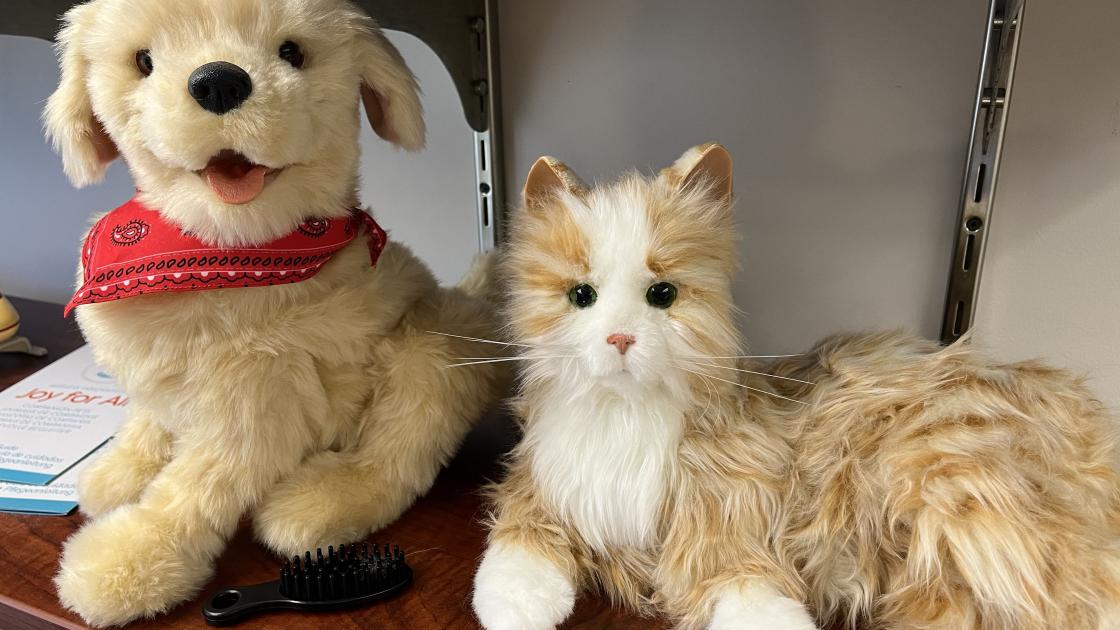
Raising alcohol awareness among farmers
It's important to talk honestly and openly about alcohol use. Recent research published in the scientific journal Hepatology found that excess drinking increased by more than 20% among U.S. adults during the COVID-19 pandemic.
Excessive drinking is also prevalent within the farming community, likely due to a combination of environmental, genetic and cultural or social factors. Some farmers may use alcohol as a way to cope with high levels of stress. Others may have a family or personal history of alcoholism or mental health conditions like anxiety and depression. Some studies also suggest that binge drinking is more common in rural areas, especially among adolescents.
April is National Alcohol Awareness Month, so now is a good time to evaluate your drinking habits. Have you ever wondered if you drink too much? Do you think you should cut back or take a break? To help you answer these and other questions about alcohol, keep reading.
Defining excessive drinking and alcohol use disorders
If you're an adult and choose to drink alcohol, it's best to do so in moderation. Drinking too much leads to short-term and long-term health consequences, including an increased risk of cancer, liver disease, heart disease, liver disease, accidental deaths and poor pregnancy outcomes.
How much is too much? According to the U.S. Centers for Disease Control and Prevention (CDC), moderate drinking means consuming up to 1 standard drink per day or less if you're a woman, and up to 2 standard drinks per day or less if you're a man. One "standard drink" is any beverage containing 14 grams of pure alcohol. This includes:
- 12 fluid ounces of beer (about 5% alcohol)
- 5 fluid ounces of wine (about 12% alcohol)
- 1.5 ounces of hard liquor (about 40% alcohol)
Consuming alcohol above and beyond these recommendations is considered excessive.
Here are some other useful definitions you should know:
- Heavy drinking is defined as 8 or more standard drinks per week for a woman or 15 or more standard drinks for a man.
- Binge drinking is defined as consuming 4 or more drinks on a single occasion for a woman or 5 or more drinks on a single occasion for a man.
- Alcohol use disorder is a pattern of alcohol use that features excessive intake of alcohol, difficulty controlling or cutting back on alcohol intake, preoccupation with alcohol and the continued use of alcohol even if it begins to cause problems.
Alcohol use disorder includes alcoholism, sometimes called alcohol addiction or alcohol dependence. Alcoholism is a disease characterized by uncontrolled drinking and a preoccupation with alcohol. People with alcoholism typically require professional treatment and ongoing support in order to achieve and maintain sobriety.
Signs of alcohol use disorder
Alcohol use disorder can range from mild to severe. Here are some things you may notice in someone who has alcohol use disorder:
- They are unable to limit how much they drink.
- They have a strong urge to drink.
- They spend a lot of time drinking, trying to get alcohol or recover from drinking.
- They struggle to fulfill their responsibilities at home, work or school because of their drinking.
- They keep drinking even though their drinking is causing problems in their health, work, social life, family life or finances.
- They start to cut back on work, hobbies and other activities in order to drink.
- They develop a tolerance to alcohol (they have to consume more and more to feel the desired effect).
- They engage in risky behaviors while under the influence of alcohol, such as operating heavy machinery.
- They frequently experience hangovers or withdrawal symptoms and may drink to avoid these symptoms.
This April, why not try dry?
Not all people who drink too much are alcoholics, and you don't have to have a "problem" with alcohol to decide to cut back or give it up! As part of National Alcohol Awareness Month, many organizations encourage people to have a dry weekend in April—this means going alcohol-free from Friday through Monday.
Ready to give dry a try? If you do, here are some things to know:
- Pay attention to how you feel throughout the weekend. If you normally drink a lot, you may notice some physical effects as your body adjusts to the absence of alcohol in your system. These are called withdrawal symptoms and can include sweating, nausea, headaches or difficulty sleeping. You may also notice other, more positive effects, especially if you decide to go longer than just a few days! These effects may include greater focus and mood, better sleep and healthier-looking skin.
- Recruit a trusted friend or family member to join you. It helps to have support!
- If going three days without drinking feels very difficult or impossible, this could be a clue that you would benefit from some professional help.
Please note: For people with alcoholism, suddenly quitting alcohol can be dangerous or even deadly. Complications may include seizures, coma, tremors, confusion, high blood pressure, fever and hallucinations. If you or someone you know is struggling to quit drinking, talk to a doctor.
Your health matters—for your farm, your family and you
If you or someone you know is struggling with alcohol, call or text SIU Medicine's Farm Family Resource Initiative (FFRI) at 1-833-FARM-SOS (833-327-6767) or check out our substance abuse resources.
Karen Leavitt Stallman
Ag Resource Specialist



